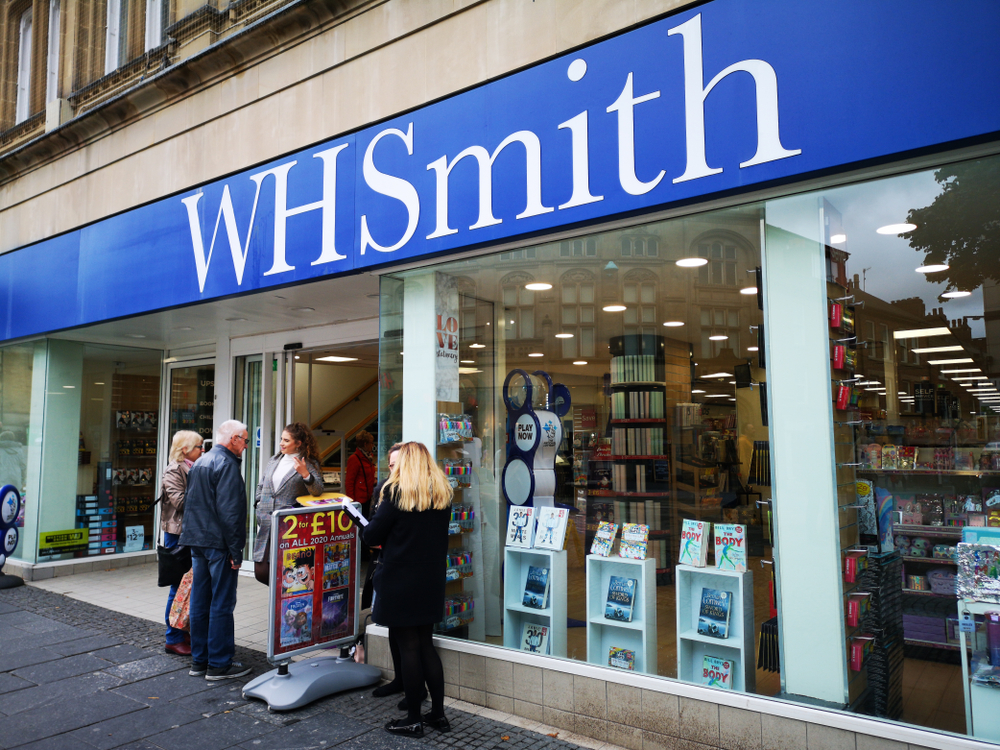// Alistair Darling urges the government to consider emergency cut in VAT
// Retailers raise concerns over increase in cash transactions if VAT rates are cut
Former Chancellor Alistair Darling has urged the UK government to “boost consumer spending” by cutting the standard rate of VAT.
Writing in a foreword for a report by think tank Policy Exchange, Darling said a tax cut to stimulate consumer spending made sense.
READ MORE: VAT could be slashed to boost consumer spending
“After the Covid-19 crisis subsides, we will enter a new period of recovery,” he said.
“Increasing taxes will not be the answer here, even as the budget deficit and government debt rises.
“If anything, emergency tax cuts – slashing VAT to 15 per cent for instance, as I did in November 2008 – should be considered to boost consumer spending.”
Back in 2008, Darling cut the standard rate of VAT from 17.5 per cent down to 15 per cent for just over a year.
It’s thought the Treasury will make a tax cut on consumer spending at the centre of its plans to boost Britain’s economic recovery of Covid-19.
Cutting VAT by five per cent would cost £35 billion in lost revenue, with a three point cut costing £21 billion.
Other options include cutting employers’ national insurance contributions in order to help businesses retain workers after wage subsidies including the furlough scheme come to an end.
Behind closed doors, retail bosses have raised concerns about a temporary cut to VAT, warning that it could in fact drive up cash handling and therefore the spread of coronavirus in their stores.
In a report by The Times, sources said bosses at Primark had expressed reservations around the proposed emergency measures.
On a call between the Department for Business, Energy and Industrial Strategy and a number of high street retailers last Thursday, sources cited by the Times said Primark’s representatives had seen an increase in the amount of cash handled at its German stores after cuts in VAT, because prices were no longer in round numbers.
The cuts will likely create more administrative costs for businesses, at a time when retailers are already discounting heavily to persuade shoppers to make purchases.
Click here to sign up to Retail Gazette‘s free daily email newsletter


















